Extremists who lurk in the shadows
OPINION: Academic tracks the history of terrorism in Australasia.
OPINION: Academic tracks the history of terrorism in Australasia.
Politicians are keen to make laws that change society’s rules or the way humans run their lives. They are less keen to acknowledge the law of unintended consequences; that choosing one course of action will often result in the opposite outcome.
A well-publicised recent example was the tougher lending regime that was intended to curb loan shark operations. Instead, trading banks and credit societies cut back on access to debt by borrowers who had never defaulted.
Supporters of the law say the increased requirements to investigate borrowers’ financial habits have had the desired effect; those seeking to add to their mortgages for home improvements say it has made their lives more difficult.
Proposed hate laws
The proposed hate laws generate a comparable situation. Those who favour free speech say closing off avenues for unpopular or offensive views will not change people’s minds. They may result in those views being expressed in even worse behaviour.
Terrorism emanating from extreme ideologies lies somewhere in this realm. Australian academic Dr Kristy Campion, who lectures at the graduate school of policing and security at Charles Sturt University, examines the topic in her new book, Chasing Shadows, which was inspired by the Christchurch mosque shootings in March 2019.
“I could not entirely shake the feeling that somehow I should have seen it coming,” she says. This was because her chosen field of study, from the early days of European settlement, demonstrated fertile ground for such acts.
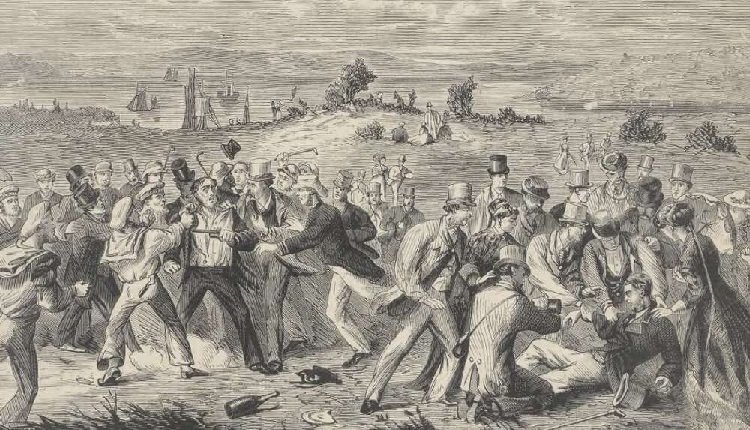
In Australia, terrorism first arose from Irish opposition to the British Crown in the 19th century, when Henry O’Farrell shot Prince Albert, second son of Queen Victoria, in the back at a picnic in 1868. In the 20th century, domestic acts of terrorism resulted from the rise of communism and fascism in the 1930s, the Cold War period after World War II, the activities of international death cults, and the left-wing protest movements of the 1960s and 1970s.
Salafist Islam further contributed to terrorism on Australian soil in the 21st century. But none produced anything like the death toll of 51 Muslims killed in Christchurch, and that many again receiving serious injuries.
Ideology as motivator
Campion starts her survey with the ideology that motivated an Australian, Brenton Tarrant, who had lived most of his life in a rural community, to carry out the Christchurch mosque attacks. She traces the common root of extreme ideologies to a belief that the world was once ‘harmonious and beautiful’ and that it could be restored to an idealised order of a past ‘golden age’.
“In order to achieve this utopia, the old world must be burned to the ground,” she writes. Extremists see governments as oppressive, while minorities or outsiders can be invaders, traitors, or false believers. Tarrant was at the end of historical threads of domestic right-wing extremism based on ethno-nationalism that had developed in Australia (and New Zealand), mostly in opposition to a labour movement espousing socialism and communism.
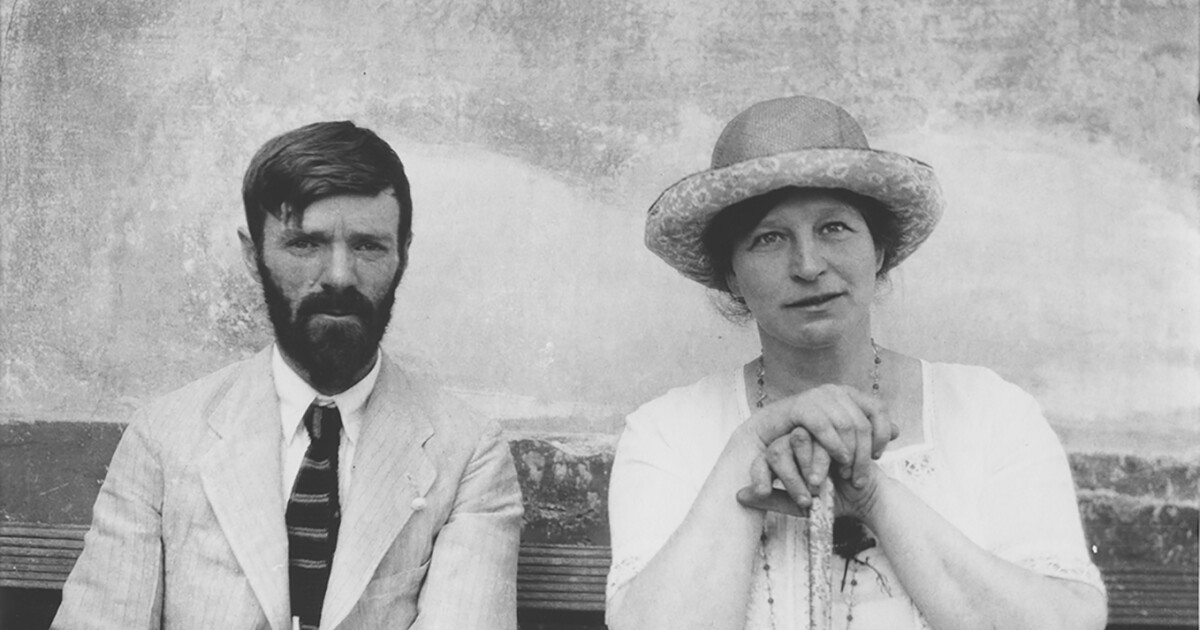
The English novelist DH Lawrence drew worldwide attention to this in Kangaroo, published in 1923, and based largely on his personal experiences during a three-month stay. It profiled a secretive ‘Diggers’ Club’, a paramilitary anti-communist group that later surfaced as the New Guard.
Another thread combined anti-Christian and anti-Semitic beliefs. Odinists, followers of Nordic paganism, formed an Australia First Movement, while after 1945, other groups advocated policies including a united “white” Commonwealth, social credit economics, and hardline law and order.
From 1985, the Australian Nationalist Movement, plus some splinter groups, carried out attacks on Asian restaurants. But those responsible were under close surveillance by ASIO, the Australian intelligence service, and police. In 1990, the leaders were rounded up and jailed.
Back in business
A decade or so later, with most of them released, the right-wing extremists were back in business, adding Muslims to their list of enemies alongside Jews and Asians. By this time, Salafist Islam, first fuelled in the 1970s by the Palestinian resistance to Israel, was now a worldwide phenomenon after the 9/11 attacks in 2001. Closer to home, Australians were the largest number among the 204 victims of the Bali bombings in 2002.
Australian authorities thwarted several plots by Al Qaeda sympathisers, including one against the Sydney Olympics, Campion reports from her access to ASIO files. While the threats to Australia had died out, the rise of Islamic State set off a new round of global terrorism.
The mass killings by the neo-Nazi Anders Brevik in Norway (2011) and the siege of the Café Lindt in Sydney (2014) were galvanising acts for anti-Muslim extremists, with groups such as Restore Australia (now Advance Australia), Reclaim Australia, and Lads Society being formed.
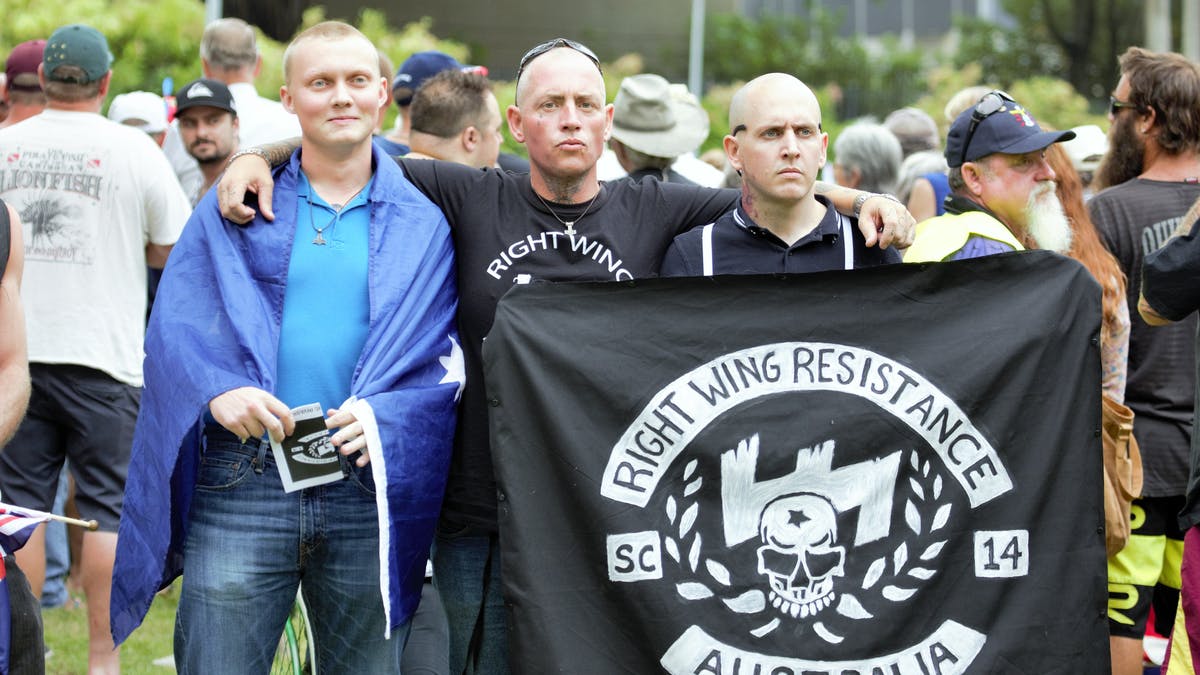
The Odinists revived as Sons of Odin vigilantes, claiming to protect white women from street attacks by ethnic gangs. A New Zealand-based group, Right Wing Resistance, formed a cell in rural Australia that opposed non-white immigrants as well as blaming Christianity for the ‘decay’ of the West, a key Odinist plank.
The biggest group was the United Patriots Front, which attracted 18,000 followers to its Facebook page after its founding in 2015. It was replaced two years later by the Lads Society (now National Socialist Network) after one of the UPF’s leaders Phillip Galea, became the first right-wing extremist to be convicted of terrorism.
‘Authoritarian hotspots’
Tarrant was reported to have been attracted to the UPF and Reclaim Australia, using his A$500,000 inheritance from his father’s death in 2011 for world travel to what Campion calls ‘authoritarian hotspots’ such as North Korea, Russia, and Ukraine.
Campion says of his beliefs: “Tarrant’s ideology was developed domestically, expanded online, and confirmed internationally by his travels.” This followed a tradition of other extremists, such as National Front founder Rosemary Sisson, who visited the UK, Europe, and South Africa in the mid-1970s.
Campion pins Tarrant’s ideology down to three elements:
Ecofacism, which espouses a natural order in which ethnicities should be segregated on the basis of racial purity and ecological harmony; that white societies are being ‘replaced’ by multi-racial ones; and accelerationism, which urges efforts to undermine the democratic order be speeded up to enable restoration of the ‘natural order’.
The mosque killings were an example of the latter, Tarrant himself saying: “Only in times of radical change and social discomfort can great and terrific change occur.”
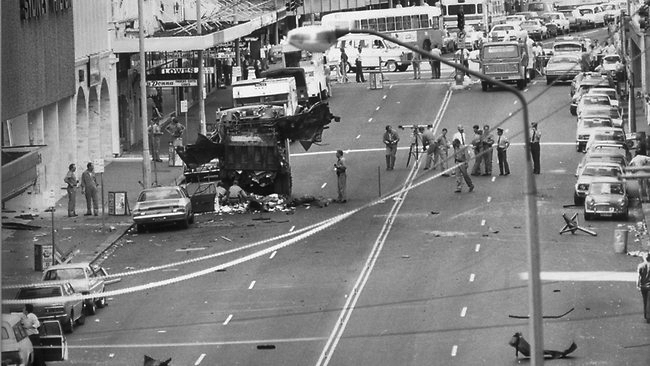
Unlike authorities here – who have banned Tarrant’s writings, as well as naming him in some instances – Campion believes in the sunlight theory. Her book is heavily based on reporting by ASIO and agents who have penetrated extremist organisations. The more they are in the open, the easier they are to monitor.
She argues that responses to terrorism should not mean ‘over-reacting’ by annihilating freedom and closing open societies through surveillance of peaceful citizens; prosecution of people who expose illegal government actions; or shutting down a free media. “Terrorists want these events to happen because it will be proof of a malevolent, corrupt system,” she concludes.
Although the focus of this review has been on right-wing and Islamic terrorism, Campion also has chapters on Australia’s experience of the Ananda Marga (India) and Aum Shinrikyo (Japan) death cults, as well as nationalist causes such as the Irish Fenians, the Croatian Ustaša, and Armenians against the Turks. 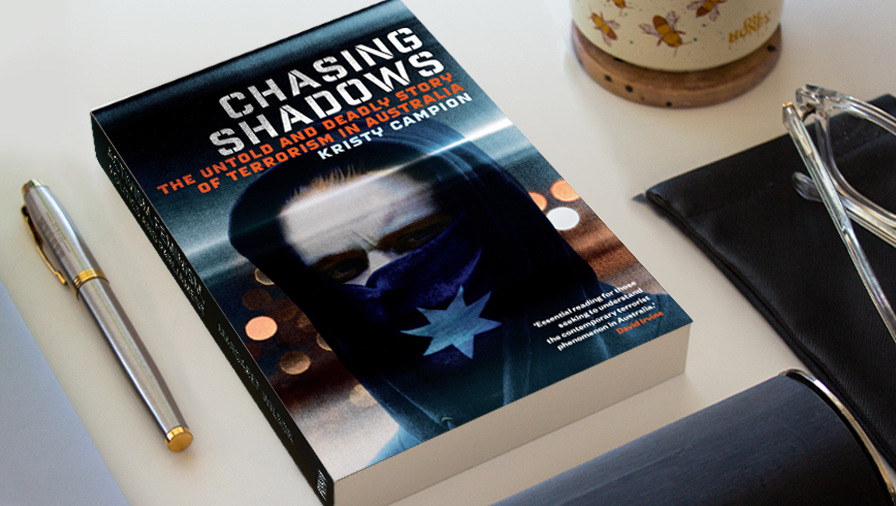
Chasing Shadows: The Untold and Deadly Story of Terrorism in Australia, by Kristy Campion (Allen & Unwin)
Nevil Gibson is a former editor at large for NBR. He has contributed film and book reviews to various publications.
This is supplied content and not paid for by NBR.